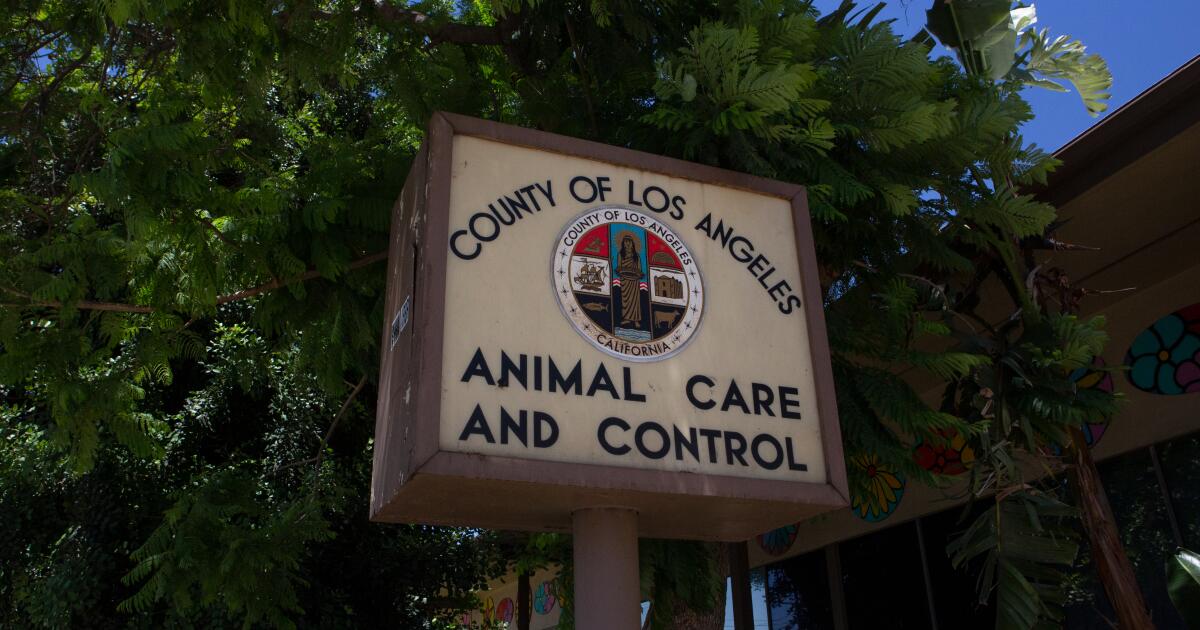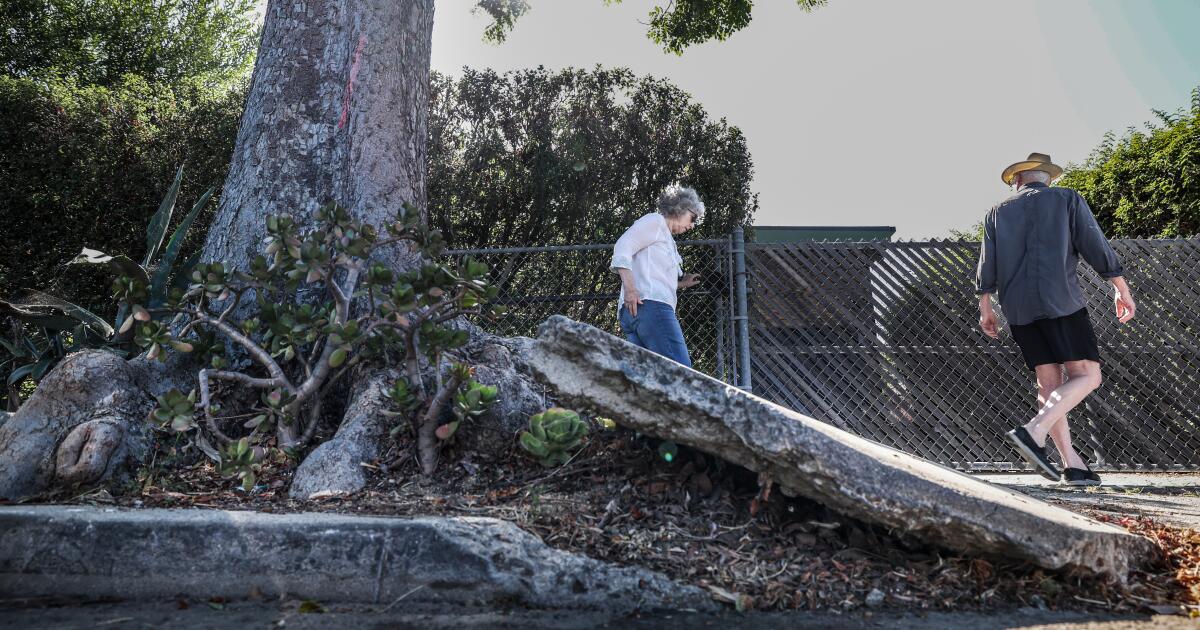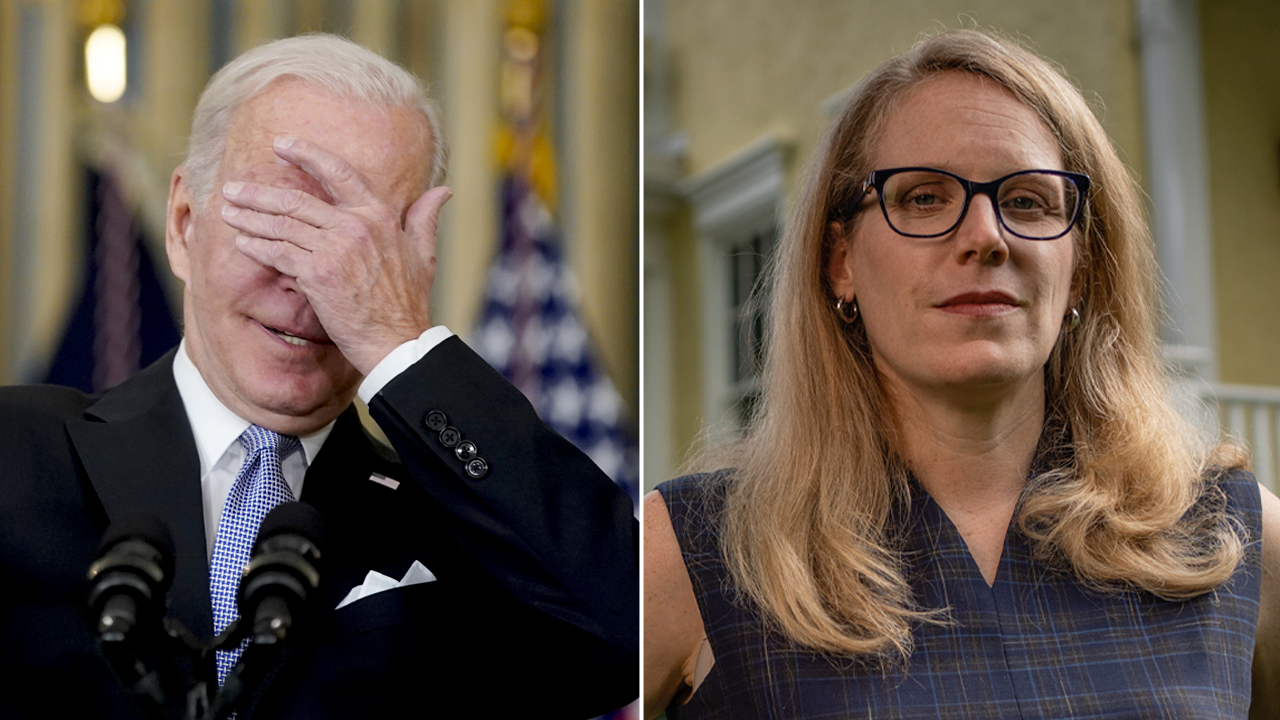A group of progressive state lawmakers spoke out Monday against Proposition 36, a ballot measure they call a “costly” crime reform measure that will lead to overpolicing in marginalized communities and the incarceration of Californians at rates similar to the drug war of the 1980s.
“For decades, Californians have been asking for real safety solutions and addressing the root causes that lead to symptoms like petty crime and substance abuse,” Assemblyman Isaac Bryan (D-Los Angeles) said during a press conference at the state Capitol Monday morning. “Because we know where petty crime and substance abuse happen. They happen in the same communities that have underfunded schools, that don’t have food infrastructure, that don’t have public health infrastructure, where rent is too high.”
Lawmakers credit Proposition 47, the ballot measure that a decade ago transformed such offenses from felonies to misdemeanors, with cutting the state’s prison population by nearly half. They fear that Proposition 36, a ballot measure that voters will decide on in November, will jeopardize all the progress California has made.
Bryan, the incoming vice chair of the Legislative Black Caucus, said Prop. 36 is reminiscent of the “bipartisan failures” of recent decades that sent thousands of Black and Brown people to prison for minor, nonviolent drug and property offenses.
“This is not a war on poverty, which is the war we should be fighting,” Bryan continued. “This is a war on the poor.”
In recent months, the Democratic bloc in California has been divided over how to address concerns about theft and rising substance abuse across the state.
Last week, some Democrats supported Proposition 36, calling for mass treatment for people who repeatedly abuse drugs and commit thefts.
“People are dying who don’t need to die and businesses are closing that don’t need to close. There is an answer. The answer is treatment,” San Jose Mayor Matt Mahan said at a news conference last week.
Gov. Gavin Newsom, who has spoken out against Proposition 36, signed a package of anti-crime bills targeting organized retail theft and the illegal resale of stolen merchandise, among other issues.
Several members of the Legislative Black Caucus opposed some of those bills, calling them overly punitive and unnecessary.
Sen. Nancy Skinner (D-Berkeley), a member of the Progressive Caucus and a staunch advocate for criminal justice reform, supports the legislative package and has also been an outspoken opponent of the ballot measure.
“Sure, there was a little bit of an uptick in crime after the pandemic,” Skinner said, referring to modest increases in property crime after 2020, which was at its lowest level in decades. “It absolutely affected all of us. Of course we had problems. What are we seeing now? Less crime, less addiction, less drug use. It’s not the time.”
Proposition 36 would impose stricter sentences for repeat thefts and crimes involving the deadly drug fentanyl. Specifically, a person who commits a third-time theft of property, regardless of the value of the stolen merchandise, could be charged with a misdemeanor or a felony. The measure would also allow judges to sentence convicted drug dealers who traffic large quantities of hard drugs, including fentanyl, or who are armed with a firearm while trafficking the drugs, to state prison instead of county jails.
The proposed measure is estimated to cost tens to hundreds of millions of dollars annually, according to the nonpartisan Legislative Analyst’s Office. A majority of likely California voters — 56 percent — say they would support Proposition 36, with the strongest support among conservative and moderate voters, according to a new poll from the University of California, Berkeley’s Institute of Governmental Studies co-sponsored by The Times.
At Monday's news conference, Skinner, Bryan and other progressive Democrats said the DA's bill was an expensive fix for a problem that has already improved on its own. Instead, they are calling for state funding to be allocated to community and education programs to help reduce the chances of incarceration.
The No on Prop 36 campaign fundraising committee has already raised $570,000 since April. The largest individual donor is Stacy Schusterman, a major Democratic donor, philanthropist and liberal oil company heiress from Oklahoma, who has given $325,000. An independent fundraising committee supporting Prop 36 has raised $9.71 million since October, largely funded by big retailers.
Also at Monday's rally were several criminal justice reform advocacy groups, including the Ella Baker Center for Human Rights and Californians for Safety and Justice, a leading supporter of Proposition 47 when voters overwhelmingly approved it in 2014.












